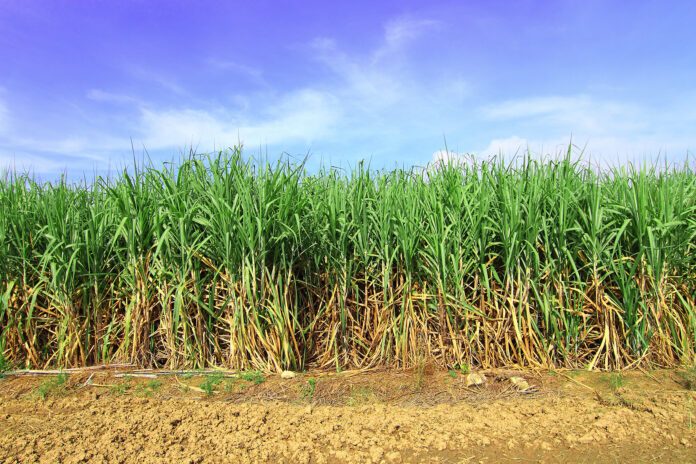The azan rings out from minarets of Masjid Sakina tul Sughra as the village of Jatoi in Muzaffargarh begins to stir with the break of day. Jatoi is one of the lucky towns in the Punjab that has one canal of the Indus river’s irrigation system flowing through it. This small remnant of British Imperialism makes the farmland surrounding Jatoi rich and fertile.
The canal in Jatoi also makes it ideal for water guzzling sugarcane. Perhaps no crop has done as much damage to Pakistan as sugarcane. It has wasted water, fostered bad habits and sugar dependence within the country, and has created what is perhaps the single most influential lobby in the country. It is also why the once serene, rural splendor of Jatoi now has an ugly, gray, concrete monstrosity in its midst.
The long shadow cast by the mournful structure of the Haseeb Waqas Sugar Mill represents the worst of Pakistani agriculture, politics, and industry. The plant was first set up in Jatoi in 2015. The idea was to have a vertically integrated setup that would be involved in every aspect of sugar manufacturing from farming to harvesting and refining it. What happened instead was a protracted legal battle that pitted Pakistan’s most powerful political factions against each other.
The Hasseb Waqas Mill is owned by the extended Sharif family. It is one of the many mills that the Sharifs have owned either directly or indirectly since the 1990s when they first came to power. Founded in 1992, Haseeb Waqas Sugar was initially located in Nankanasahib. It was the shift of this mill from Nankanasahib to Jatoi that has been a major bone of contention. The political ramifications, legal battles, history, and eventual resolution of this conflict has been covered by Profit before. The content in this publication is expensive to produce. But unlike other journalistic outfits, business publications have to cover the very organizations that directly give them advertisements. Hence, this large source of revenue, which is the lifeblood of other media houses, is severely compromised on account of Profit’s no-compromise policy when it comes to our reporting. No wonder, Profit has lost multiple ad deals, worth tens of millions of rupees, due to stories that held big businesses to account. Hence, for our work to continue unfettered, it must be supported by discerning readers who know the value of quality business journalism, not just for the economy but for the society as a whole.To read the full article, subscribe and support independent business journalism in Pakistan

























Sharif family name to be Chorif family for example nawaj chorif
It was more of political commentary .same old story
Quoted allegations by Pti as it as 🤣🤣🤣 Tout Abdullah
Real sugar baron is pervez elahi